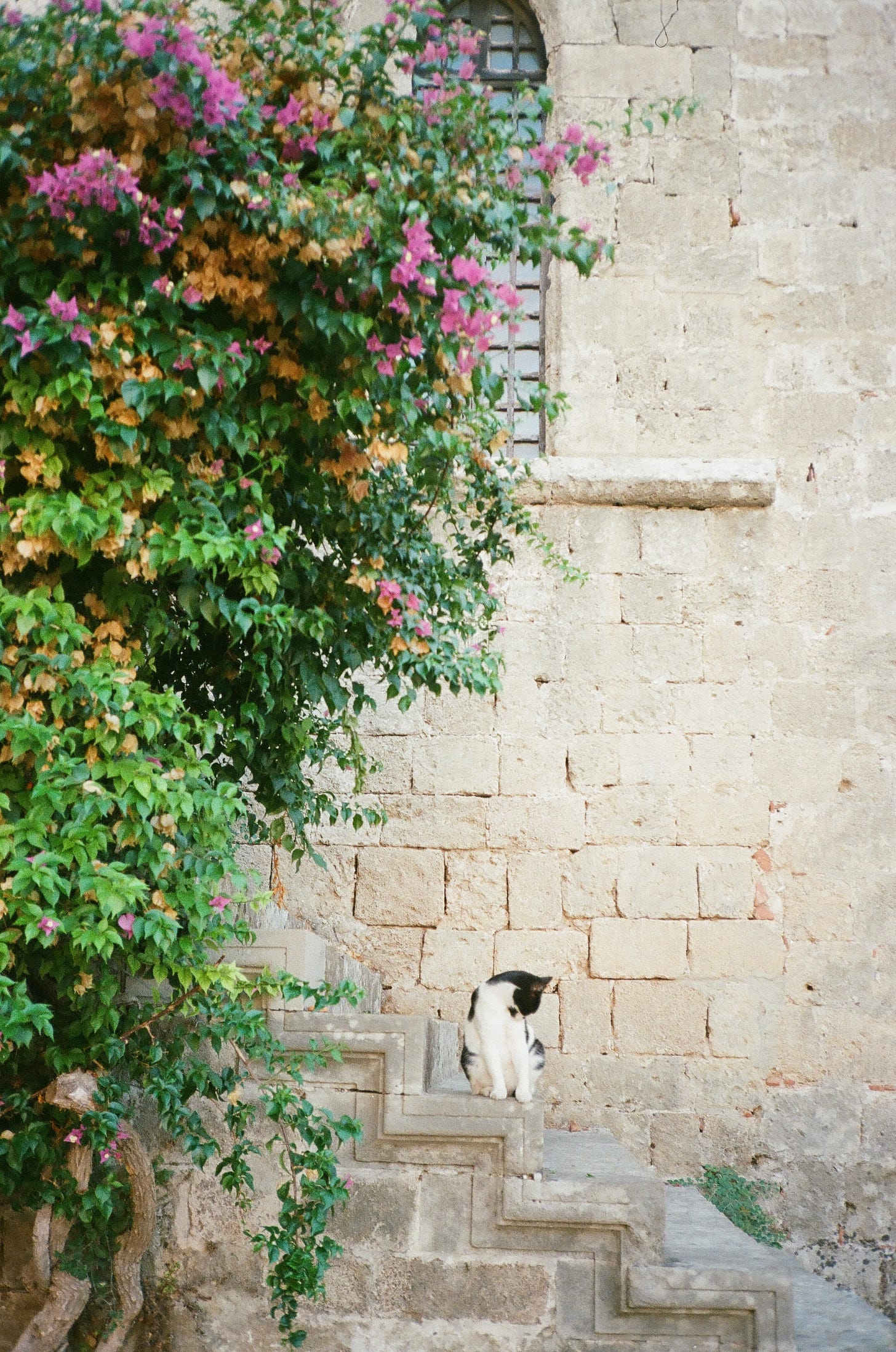Tracing the harm
A sudden clarity
Over the past month of war in Gaza, I’ve been examining when I feel called to action. The moments when the switch flips and I have clarity in my values and where they lead.
The answer, like most answers, is neither profound nor unique. I feel called when I feel connected in a chain link to people whose hearts resonate with mine.
My empathy kicks in only when I can picture, in an emotional sense, someone else’s harm. When I’m made aware of it by others who I trust.
The reason I practice family and criminal defense law is not because I am a particularly virtuous person. I’m not. I’m as selfish and mean and myopic as the worst of us.
I practice this type of law because I learned early on that I will only care about something if I can see and hear a real person on the other side. If my client is a living breathing human whose pain and needs are clear.
My mind disassociates when I have to trace the harms through more than a few hoops. When I’m arguing about a pipeline’s impact on generations of indigenous hunting practices instead of speaking with someone who tells me they simply want to see their child again, whatever it takes.
When mass tragedy strikes it’s too easy to disassociate. To think awful things like, yeah, well, a lot of people have it hard.
That thought comes from burnout, and empathy fatigue, and a desire to self-protect from harms too great to conceive of in my one small mind.
It’s wild how I’ve retained such a childlike innocence about others’ ability to do real harm. To intentionally mislead and gaslight and control.
For the past month I’ve sat quietly as the world reveals its cracks yet again. I’ve taken solace in the Sam Bankman-Fried trial as an intellectually comforting break from reading about Gaza.
Lying about losing billions of dollars seems almost cute when compared to mass death. Perhaps there is some humor in that.
*
I am currently in the desert visiting my paternal grandmother. A person I love and admire.
This morning we were in the kitchen together, making our respective coffees. It turns out we both had restless sleeps.
It’s just awful, what they are doing in Gaza, she said.
My stomach dropped. Oh. Did something new happen? I said.
They invaded, she said. Ten thousand Palestinians are dead.
I had felt strange all morning, but did not think to check the news. Instead, I tried to self-soothe by watching Tiktoks about the Olsen twins.
Hearing these words from my grandmother, someone I trust and love, finally opened the door.
This is genocide. This affects us all. I hate that I need a personal link to feel it, and that the link took a month to appear.
I told my grandmother that I still hadn’t managed to call any of my elected officials to demand a ceasefire. Her response was somewhat resigned.
At this point the only thing that will change is if we stop sending them money, she said. I sure don’t want them to have any of my money anymore.
I think there is some truth to her perspective. The problems exist at the highest levels of power and corruption in our government. But I also believe in collective action. Our voices matter too.
This newsletter is a place where I seek clarity, and I have it now. Empathy fatigue is real. The desire to cocoon is real.
Yet we are all linked. The ills of the world affect each of us. I feel that urgently again.
As the smallest step forward, today I am supporting the Palestinian Feminist Collective, who also happen to be leading a course on “Olives & History Through a Palestinian Indigenous Framework,” via Herban Cura.
Thank you for your patience as I plod slowly through this work. I am grateful to have you as readers.
With love,
Julia




Hi! I stumbled on you by following a number of links. I’m a former family lawyer/ judge too and I just wanted to say how much I recognise that description of burnout and empathy depletion along side the reasons for choosing family law. Look after yourself!
Also I’m interested in your opinion as a fellow lawyer. I share your horror at the numbers killed in Gaza and the utter destruction. However the word genocide is also something I struggle with because it has s specific definition. When lay people use it I ignore it assuming they think it just means ‘a lot if deaths’ but as you are a lawyer I’m hoping you can help me understand your view more. I can see part of the definition is potentially met but as you will know the Geneva convention requires that ‘dollis specialis’ that makes it so hard to prosecute. It requires “intent on the part of perpetrators to physically destroy a national, ethnical, racial or religious group.” Cultural destruction or mere dispersement does not suffice. Don’t get me wrong I’ve been shouting about the humanitarian situation loud and clear and the deaths are too many but given the leaflet dropping, the ( inadequate but existing) routes to the south, the stated motivation of hostage release and destruction of the military capacity of Hamas not civilians, why do you think there’s enough evidence of intent to call it genocide? Genuinely interested to have a lawyer’s submissions on that to widen my view!
I love how you process and navigate through life, Julia. Thank you for sharing your words with us. It is a gift.